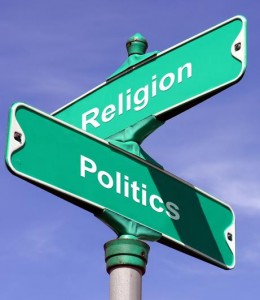I love analytic philosophy. It’s like Seinfeld for ideas, a field with no particular content except the perplexing nature of ideas themselves. I’m reading Scott Soames’ attack on two-dimensional semantics right now, for instance. This has peculiar relevance in that insofar as meaning can be broken up into two dimensions there are ways of building modal logic justifications for things like “philosophical zombies” in the philosophy of mind. It’s a curious corner of this show about meaning and nothing more. I always fall back to Wittgenstein at some point: language is just games we play with one another. There are rules that we internalize and meaning has to do with the constraints those rules put on us. But, ahem, then we start asking what exactly are those rules and what kinds of internal logic helps to bind words and ideas together, so Wittgenstein is more of a deconstructive backstop that helps relieve us of the weight of expectation that there are mega-metatheories that can wrap all this meaning stuff up. Still, there remains the hard work to do that we see in linguistics and cognitive science where meaning representations and all the rules of these games are sketched out towards some kind of effective theory.
Another deconstructive reflection comes from the related concepts of Quine’s radical translation and Davidson’s radical interpretation. If we can’t ever really know with certainty what words mean to someone else then we need strategies to empirically probe, through questions and observations, and gradually develop a working theory about what the hell those other people are talking about. Meaning becomes science experiments. We test, we hypothesize, we have U-shaped curves, and we build up a tentative understanding.… Read the rest

